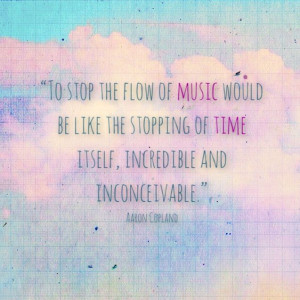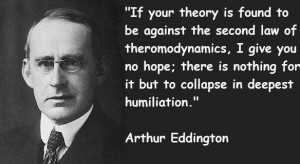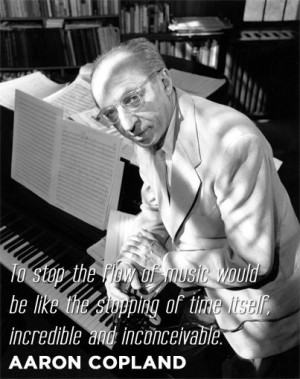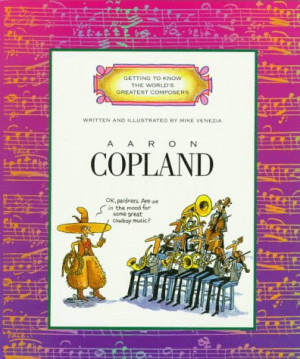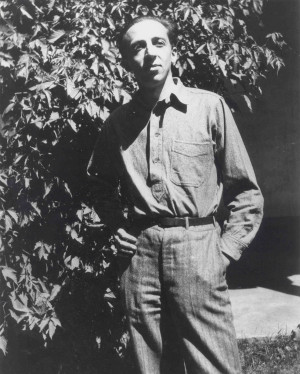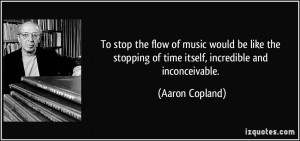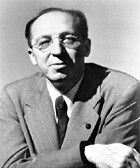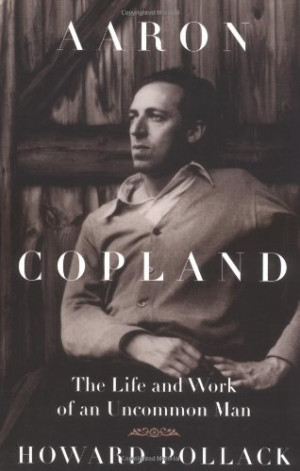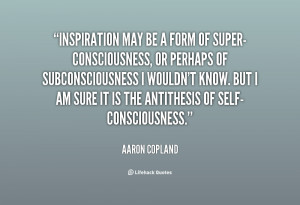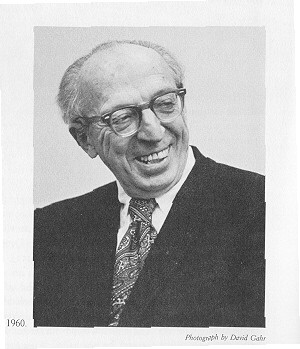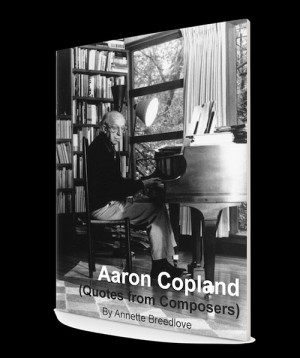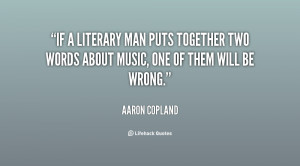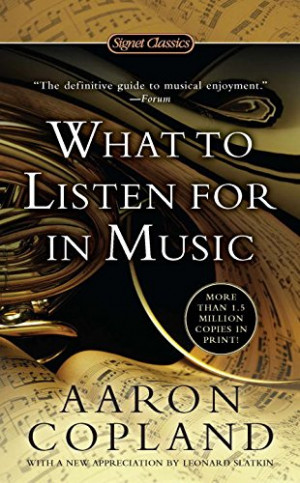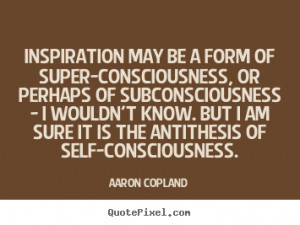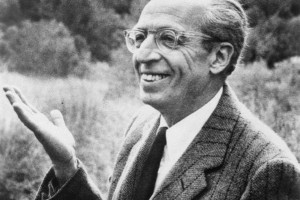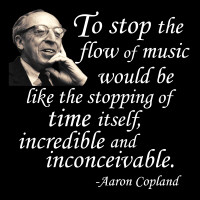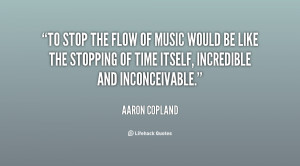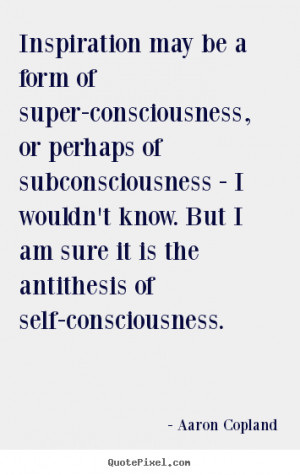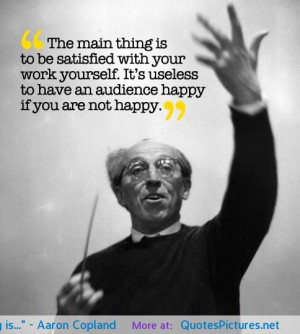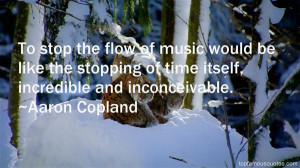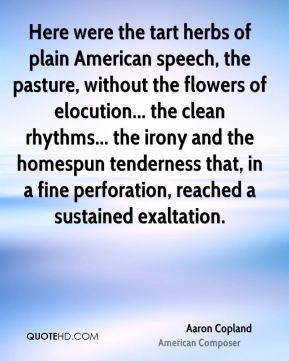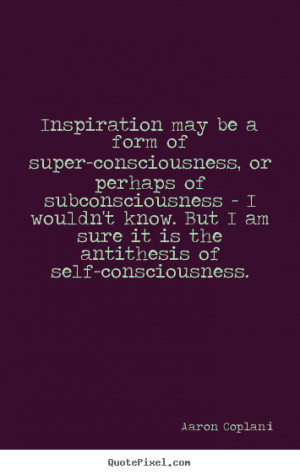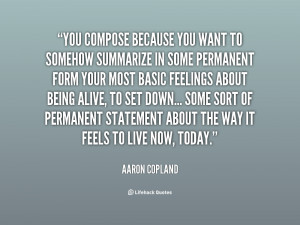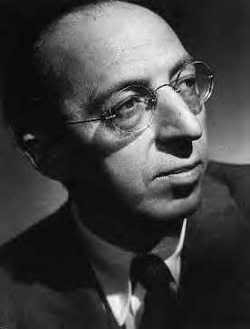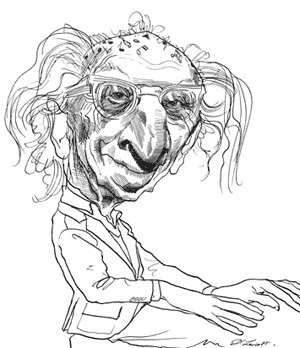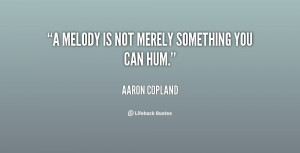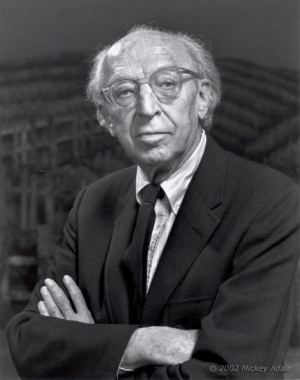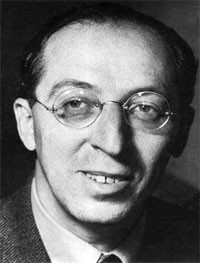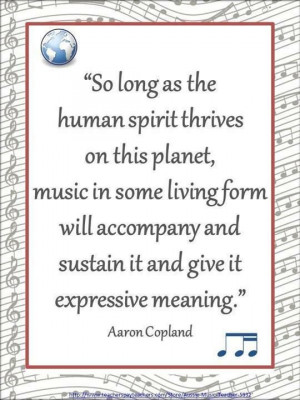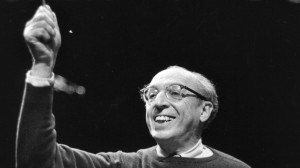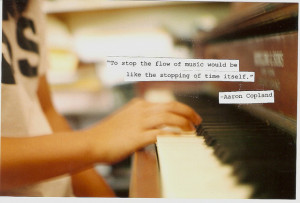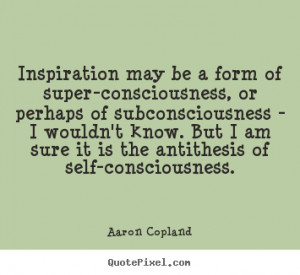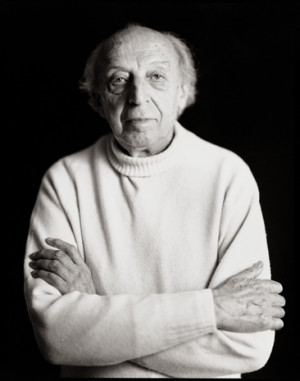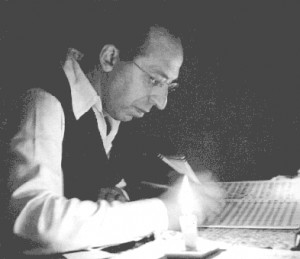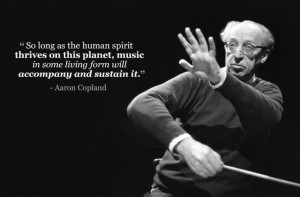Aaron Copland — American Composer born on November 14, 1900, died on February 02, 1990
Aaron Copland was an American composer, composition teacher, writer, and later in his career a conductor of his own and other American music. Instrumental in forging a distinctly American style of composition, in his later years he was often referred to as "the Dean of American Composers" and is best known to the public for the works he wrote in the 1930s and 1940s in a deliberately accessible style often referred to as "populist" and which the composer labeled his "vernacular" style. Works in this vein include the ballets Appalachian Spring, Billy the Kid and Rodeo, his Fanfare for the Common Man and Third Symphony. The open, slowly changing harmonies of many of his works are archetypical of what many people consider to be the sound of American music, evoking the vast American landscape and pioneer spirit. In addition to his ballets and orchestral works, he produced music in many other genres including chamber music, vocal works, opera and film scores... (wikipedia)

